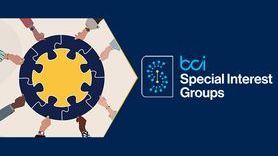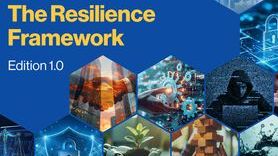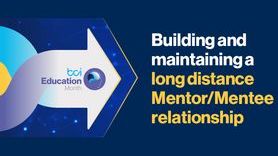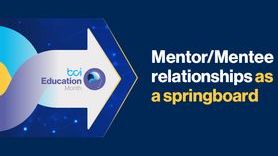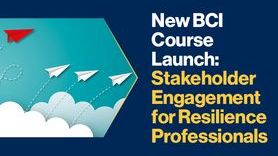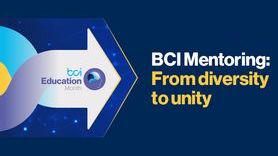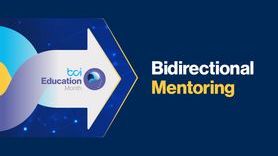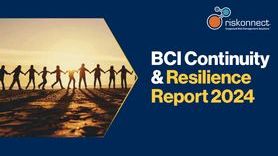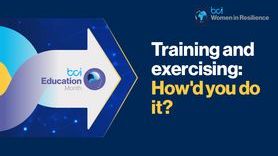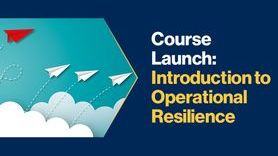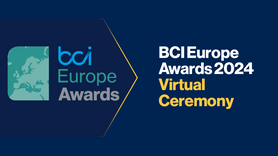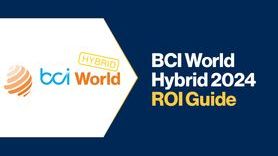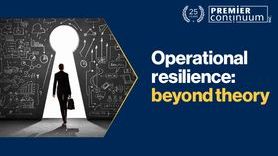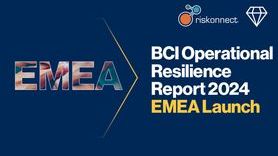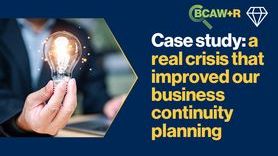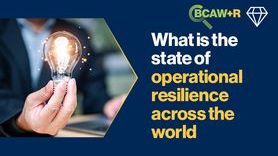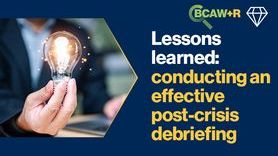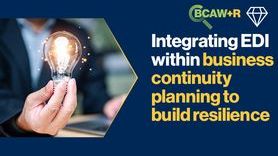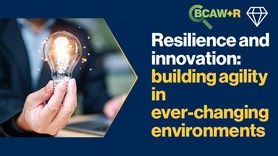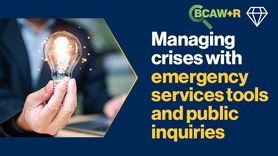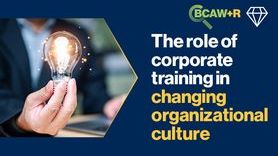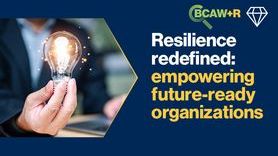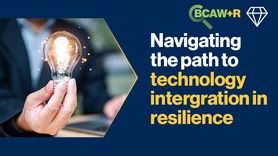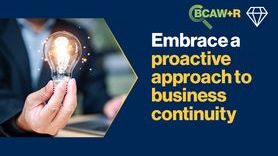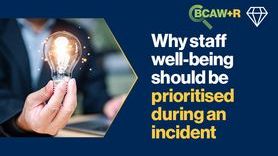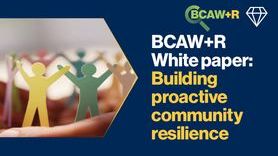How mentorship shaped my BC/resilience journey: A catalyst for growth and success
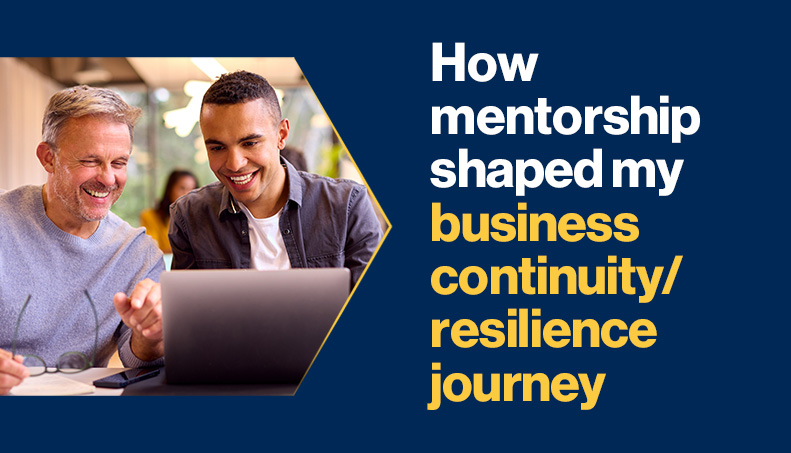
Ongoing mentorship is a critical part of the resilience journey – How mentoring kicked it off for me!
When I first turned to the BCI, I was privileged to have an FBCI practitioner who was able to meet me virtually, as well as in person, over an initial six-month period. This was back in 2016, and due to the limited delivery practice I had at the time, the first task I was given was to read the Good Practice Guidelines 2013. This helped me understand each of the six professional practices and why they should be part of the make-up of an organization’s overall strategy to succeed.
This time also gave me an insight into the differences between the roles in business continuity, the challenges that are likely to be faced when engaging with a variety of stakeholders, as well as the reactive nature of an operational role. There was also a discussion about which roles would be closely aligned with the business continuity/resilience manager’s role I was focused on, and how to forge important relationships with them. For example, the facilities manager’s role is fundamental in supporting business continuity planning assumptions for a number of areas, including the safe passage of staff during an office evacuation, as well as the effectiveness of safety systems. The IT Manager plays a key role in ensuring that critical systems are secure, backed up, and consistently available to support essential, time-sensitive processes. They are responsible for the management, distribution, and storage of IT assets, including both hardware and software, to keep the organization's technology infrastructure running smoothly.
Short- or long-term mentoring programmes
Mentoring doesn’t have to be for six months. It really depends on what the mentor can support the mentee with. It may well be a short engagement for two months focusing on ensuring that successful job applications are supported, or a longer-term exchange of ideas based around an area in business continuity that the mentee requires guidance in developing.
Over the initial six months my mentor at the time provided perspective and challenged me into new ways of thinking and practicing business continuity. Business continuity can never be seen as a prescriptive science and having that open mind supports the mentee’s learning. This vision allowed me, shortly after the mentoring ended, to start my first role as a business continuity planner for a water company.
The benefits of ongoing mentorship
I strongly advocate the merits of ongoing mentorship to promote lifelong learning. We aren’t just business continuity managers, and this term doesn’t do justice to the wide array of activities and skills required to work in such roles. When I started my career, it was a case of saying to myself “I like business continuity, however, how can business continuity benefit my career in the long term?”
In more ways than one, I believe that mentorship was a tremendous catalyst in my career and that it led me to achieve the following over the past seven years:
- Staying in the field of business continuity and having the fortune to progress in my career in a number of roles and industries
- Successfully apply for membership of the BCI
- Qualified as a lead implementer in BCMS ISO 22301:2019
- Graduated in a resilience field
- Contributed to BCI led initiatives
- Lead a UK BCI Chapter in 2023
Having a professional mentor has helped me develop a growth mindset, which has empowered me to step into roles beyond my comfort zone and pursue new challenges. I believe that having a mentor will enable and empower the next generation to take the baton forward.
Use a strong platform to start the ball rolling
Having been a mentor and a mentee over the past 13 years of my business continuity career, a key highlight to raise is the importance of having a solid platform, like the BCI’s mentoring programme, to support the exchange of ideas and development of communication, networking and relationship building.
It can be a daunting task, as sometimes we may not know anyone in the industry if, for example, we have recently started either as junior coordinator or someone who has just graduated with a resilience related course / CBCI. It may be the case that the organization you work for doesn’t advocate a mentoring programme due to resource and time constraints. The latter is a big hindrance towards the professional development of a practitioner, mainly because our profession is highly reliant on both academic and practical levels due to the industry moving at such a fast pace.
The BCI leverages the PushFar platform, providing an opportunity for members to start their mentoring journey. I was fortunate enough to be one of the first users of the platform whereby I was able to mentor a practitioner for five months.
The advantages you’ll have at your disposal are:
- Access to a range of globally qualified members, fellows, and associated members of the BCI who have years of experience to support mentees in getting to the next level of their career and can provide a hub for sharing best practice.
- The platform can set you in the right direction by documenting goals and objectives, ensuring you keep on track with mentoring meetings with your proposed practitioner through the diary option. You are also able to view a range of useful resources including how to be a mentor / mentee as well as guidelines, questions, and a focus on career progression.
- It’s also a great advantage to use such a tool as it supports the following:
- Progression of membership at the BCI.
- Career advancement internally, as well as externally to your organization.
- Skill enhancement – methodology, soft skills, leadership, facilitating events, communication, growth mindset, and problem solving.
I enjoy using this platform and look forward to using it more in 2025. I can see mentorship continuing to provide benefits as I work towards initiatives such as FBCI membership and career advancement in my current role over the next two years.
Final thoughts
My final thoughts about mentoring are that it’s all about supporting and empowering fellow professionals to get to the next level. It provides a solid grounding and makes a positive impact on practitioners’ professional lives. I would recommend it to anyone in our industry.
Disclaimer:
In the spirit of transparency, AI was used in the following ways to support the creation of this article:
Al was utilised to review and edit this article for grammatical clarity, and coherence, with final approval by human editors




